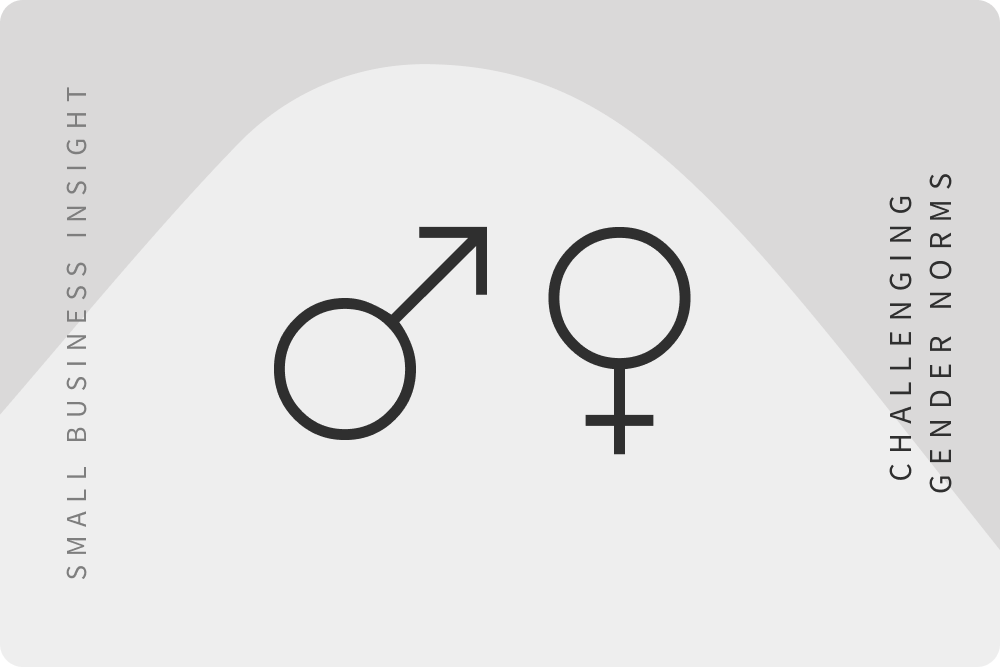A more female future
Hot on the heels of the rise of pay parity will be representation parity. There’ll be more women in business, in politics, and in the media. Representation parity To begin with, this increase is driven by quotas and initiatives such as the 30% Club, which launched in 2010 with a goal of achieving a minimum…

Hot on the heels of the rise of pay parity will be representation parity. There’ll be more women in business, in politics, and in the media.
Representation parity
To begin with, this increase is driven by quotas and initiatives such as the 30% Club1, which launched in 2010 with a goal of achieving a minimum of 30% women on FTSE-100 boards. The direction is very positive: the number of women on FTSE-100 boards has more than doubled, from 12% in 2010 to 26% today, and there is not a single all-male board left. There were 21 in 2011.
Gender equality in business
With this initial success, the movement is aiming higher: for a minimum of 33% female board members on all FTSE-350 companies by 2020.
Gender equality in the media
In addition to business, there will be positive progress towards equal representation in the media. The Confronting Gender Equality report presents damning evidence in this area:
“Just as women are under-represented as writers of news stories, they are also underrepresented as subjects of news, where overall they appear only in 31 per cent of print news stories, 30 per cent of radio reports, and 35 per cent of televised stories, and are more likely to appear in eye witness roles, to provide personal narratives or represent public opinion than men who predominantly feature as protagonists, experts, commentators or spokespersons.”
But positive steps are being taken to change this. The UK’s biggest media organisation, the BBC2, has promised that women will make up half of its workforce on-screen, on-air and in leadership roles by 2020. (Note that the major shift here will be in media representation: 48% of the current BBC workforce is female, and 41% of its leadership roles are already held by women.)
Representation parity is no longer a case of if but when.
- www.30percentclub.org ↩︎
- Ashitha Nagesh, “BBC promises to hire more women and ethnic minorities”, Metro, www.metro.co.uk, April 23, 2016 ↩︎
